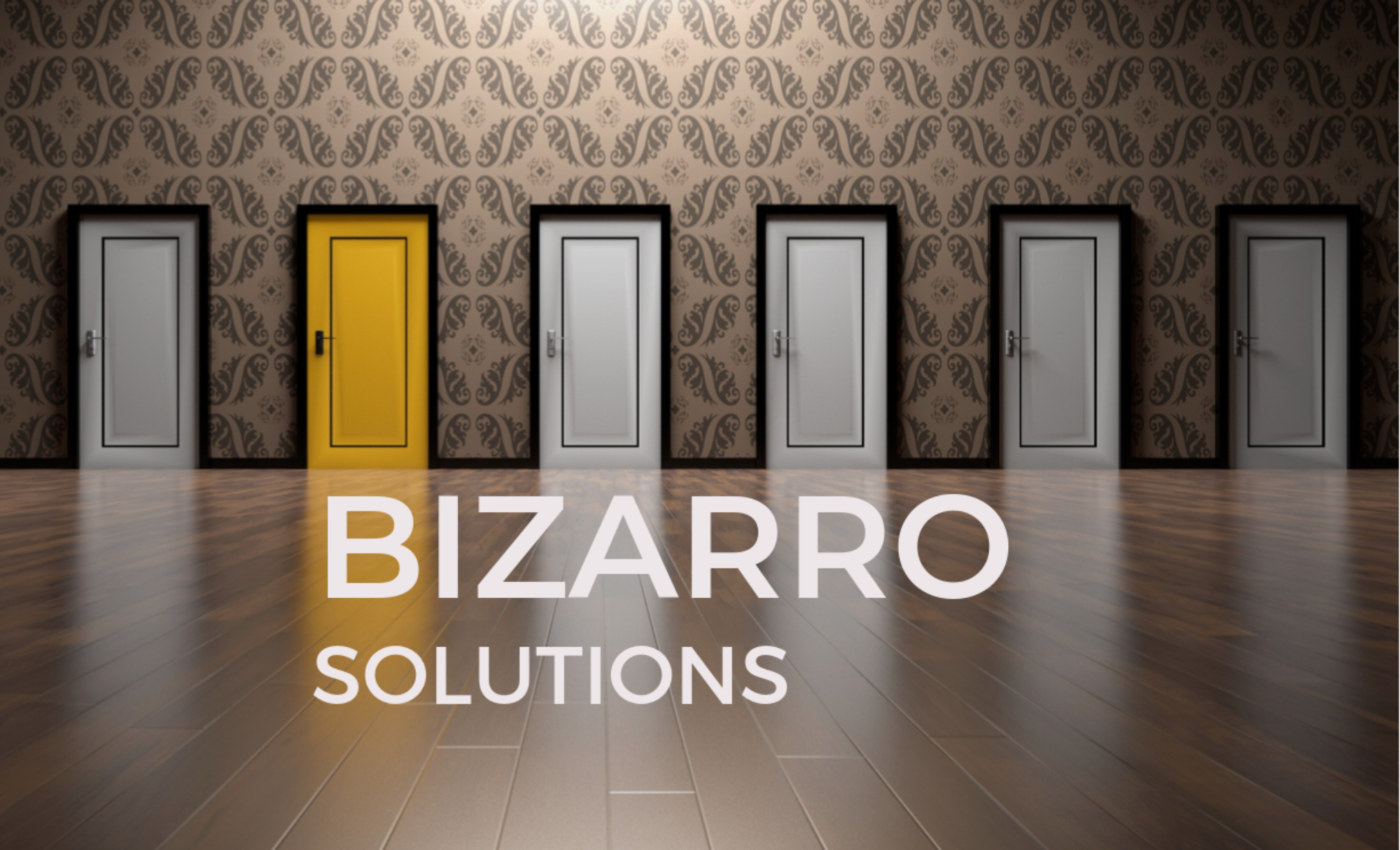Insomnia is a bitch. I’m anxious. I’m not surprised that I’m anxious, this year has been going non-stop and all of a sudden I feel like I’m floating. I graduated this past Sunday with my Ph.D. I know it’s only been two days but I feel stagnant – like nothing is happening. Of course it’s unreasonable for me to think things will happen two days after I achieve a goal I’ve been working toward for the past 5 years, but I’ve been trying to make things happen for much longer than that.
I know I need to live in the moment and just breathe. I’m a firm believer that what is meant to be will be, but that doesn’t stop me from throwing mental temper tantrums as I wait for things to happen. I’ve written to myself in the wee hours of the morning before, wishing I could turn my brain off at will. So many nights I’ve been up anxiously ruminating over fear of the unknown – worrying about the future. Tonight does feels different though. I’m still anxious, but this feels more like anxious excitement – definitely more positive than in the past.
How does one become more patient? Does this happen over time? Is patience something people are either born with or not? I’m being impatient waiting to hear whether or not I get this job I really want. Not surprisingly, I’ve been thinking a lot about jobs and careers lately, and specifically about why I want this job. It is a good job on paper, with good pay and for a company with a good reputation – a company that is poised to grow and seemingly ready to invest in things that are important to me. I’ve been on the job market for a while now. I’ve had informal conversations, screenings, writing assignments, formal interviews, etc. But none of those other experiences have felt like this, which is why I’m being so impatient about the outcome.
I hate to admit that this job has such a hold on me. I know my self-worth cannot be tied to a job – especially my first job out of school – but I want it bad. I haven’t wanted something this bad in a long time. I’m not even sure I wanted to get into graduate school this badly.
For a long time in graduate school I felt like things had all happened as part of this happy accident. I wrote a journal entry years ago when I was deciding what to do after college about whether or not I really wanted anything – how it was so easy to say that I wanted things that I knew people wanted to hear, things that I wanted to be true. I was all over the place trying to chase passions and it wasn’t getting me anywhere. I eventually landed on IO Psychology and ended up at UCONN. People in academia talk about imposter syndrome starting once you get your degree and are finally on your own. For me, imposter syndrome started pretty much on day one of grad school. I was embarrassed by how little I knew about anything to do with my newly chosen field of research, and everyone else seemed to be so well informed.
Now, I feel like I have found a real path for myself. For the first time I feel the thing I want, I’m not just trying to feel the thing I say I want. That’s why this job feels so important, and I think this process has helped me realize what a career could be. The notion of a career is something that has taken me a long time to define for myself. I know what one is, I have read and done research on careers. I have friends who are embarking on great careers and speak openly about what it means to them, but I haven’t really been able to pin it down for myself. This job feels like it could be the start of a career – one I can be proud of and pursue passionately.
So back to the impatience. Maybe it’s not the job that has such a stronghold on me. Perhaps I’ve reached a moment of clarity about what I’m looking for and what that should feel like. I’m still impatient to know the result of this interview process if only for the validation of my ability to get a job, but what is meant to be will be. I will be disappointed if I do not get this job, but that certainly is not the end of this new-found path. Wanting the job may have served as a catalyst, but my next step forward is not contingent on getting this particular job.
There are two things I know about myself to be true: 1) I am fascinated by and believe in the power of introspection, and 2) I never regret making life decisions based on gut feelings. These two things are what brought me to this blog tonight instead of the journal by my bed.
I started this blog as a New Year’s resolution in 2015 because I felt like I had something to say. I wanted to contribute something meaningful. I certainly did not write as much as I thought I would, and there are several unpublished drafts behind the scenes of this blog that were never organized into a coherent mission. Regardless, I am glad to be writing this entry now and have a feeling this might be the best place for me to sort out my thoughts as I embark on this new journey.
So maybe people will read this and maybe they won’t, but at the very least I can try to hold myself accountable for starting the next chapter of my life in the most purposeful way possible.
